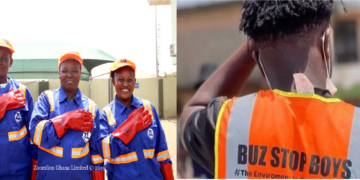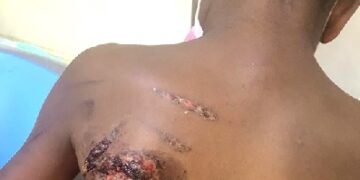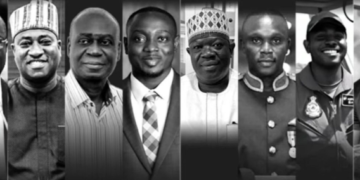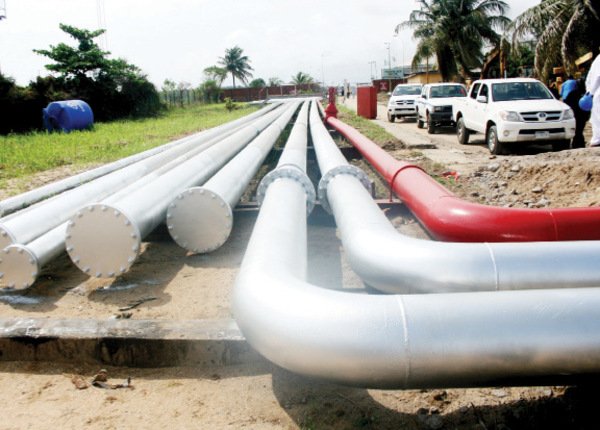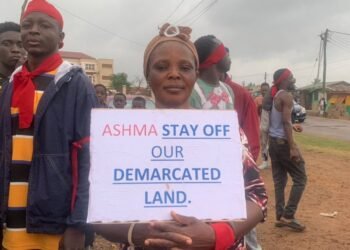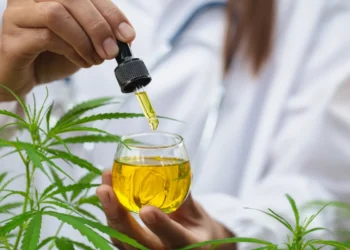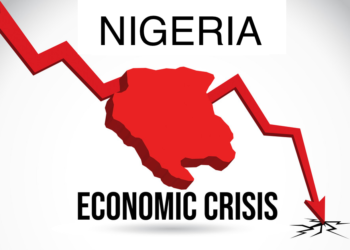The beneficiary countries of the West African Gas Pipeline have been asked to join hands to protect the pipelines from further damages.
The Minister of Defence, Mr Mark Woyongo, who made the call, said the recent damage to the pipeline negatively affected the various economies depending on it for gas and as such, there was the need to constantly ensure its safety.
Mr. Woyongo said this yesterday at the opening of a two-day West African Gas Pipeline (WAGP) safety workshop in Accra.
The workshop brought together industry players from Ghana, Nigeria and Benin to, among other things, deliberate on how the safety of WAGP could be ensured to fulfil its aim of contributing to development.
It was jointly organised by the West African Gas Pipeline Authority (WAGPA), Economic Community of West African States (ECOWAS) and the West African Gas Pipeline Company.
“As members of ECOWAS are aspiring to break the economic and social barriers within the sub-region, the project is the most important catalyst that we should protect and gladly nurture,” Mr. Woyongo said.
According to him, the WAGP was one project that had broken the economic and social barriers among the sub-Sahara region and it “should therefore be the collective responsibility of all member states and agencies to constantly ensure its safety.
“The protection of the pipeline should be given the same priority as the maritime domain of the Gulf of Guinea”.
The Defence Minister pledged the Ghana Navy’s support in ensuring the safety of the WAGP and urged countries to take advantage of other cost-effective means of protecting the pipeline instead of relying heavily on ships.
In a statement delivered on his behalf, the Minister of Energy and Petroleum called for a coordinated approach to addressing the security issues confronting the WAGP for the benefit of all countries.
The Managing Director of West Africa Gas Pipeline Company (WAPCo), Mr. Walter Perez, said the company recognised the need to work with stakeholders to ensure the safety of the WAGP, hence the programme.



